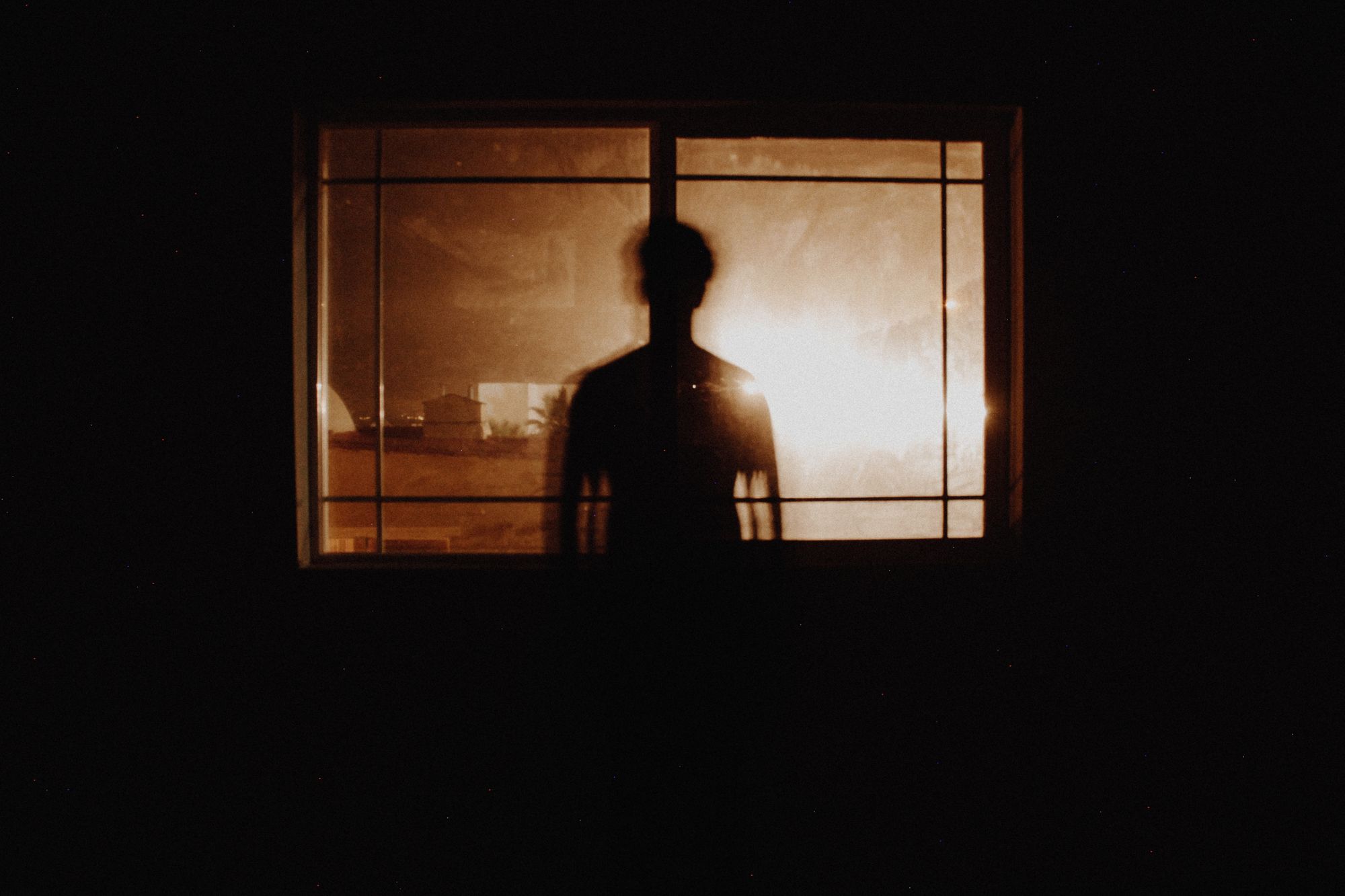I have been speaking out for Black lives since I was in high school. I graduated in 2006 and sometimes the thought that I am still protesting, still screaming into the abyss, fills my insides with flames. But I digress. In all of these years, the most unsettling and infuriating rebuttal has been, “but what about Black on Black crime?” Every time I hear it, my ears grow warm and all of the words built in the furnace that my insides have turned into start racing to leap out of my throat.
As if to say, “Black people kill other Black people all the time! Why can’t we kill them?!” Ironically, I have never seen anyone that has thrown this phrase around do anything for the Black communities that they speak of. I see very few volunteers who work in our juvenile systems, or teaching our youth that—despite the world that teaches them otherwise—they are deserving of love. I have never seen a gaggle of ‘Karens’ trekking into the hoods to feed impoverished Black children or helping single mothers get a leg up. I only see them respond to Black people fighting for justice. I’m always transported back to elementary school, remembering when I learned about compassion and empathy, about fairness. My mind rattles, wondering if the people that say this truly misunderstand everything happening, everything that’s wrong in the world, or if they are truly as brainwashed towards Black people as they seem. The answer is more than likely both.
The ‘Black on Black crime’ argument is one of the biggest deflections known to our struggle. To truly know and understand the United States and its history with Black lives is to know that this is a much deeper issue. Together, we sat and watched every single mass school shooter in history be a Caucasian boy in his 20s or 30s, many times resembling the men we’ve gone to school with, worked with, or seen out every day. When people started posting all over social media asking for prayers, NO ONE dared to ask, “but what about white on white crime?” Because it is a ridiculous notion.
In our country, the poverty rate is twice as high amongst Black Americans as it is for white people. And crime, as we all know, is directly linked to poverty much more than it is linked to race. So if you truly want to tackle the violence in the hoods of America then you will more than likely be pointed in the same direction that BLM is already facing. You will find yourself face to face yet again with systematic oppression and racism.
We know that the tragic deaths of Black Americans in this world are painful and unnecessary. However, if you truly care about making the world a better place for Black Americans, you have to see the trickle-down effects of racism, intertwined in our government, school systems, prisons, in practices like ‘Three Strikes’ laws, and the war on drugs—systems that allow our government to directly target Black Americans while simultaneously allowing prejudices against home ownership, loans, and allowing institutionalized racial disparities in wages and benefits.
If the foundation of a building is cracked, eventually the crack will grow, and it will be hard for the building to stand. Our foundation as a nation, especially for Black people, is cracked. And in order to fix it, we cannot simply start with one the symptom of the disease. We must be the cure. For all of my Christian readers, even the Bible tells us to not build our foundations on sand.
Stop using ‘Black on Black crime’ as a way to distract from police brutality and systematic racism. It is dismissive and traumatizing, as well as uneducated and insensitive. The phrase is a myth, a myth to perpetuate the stereotype that Black people are nothing more than dangerous and violent. It is a lie. When a Black person is accused of killing another Black person they are almost ALWAYS brought to justice. When white people are quick to use that phrase as a defense mechanism, it is to hide the fact that they are complacent within a system that has created the economic conditions and pitfalls that have resulted in poverty and crime.
And when Black people use it, it is heartbreaking. It is proof that the same manipulations of the media have resulted in them being unable to see the oppression that has taken place in our communities. It is the fear that the white people in their life will suddenly be able to shun their ideas of equality, making our pleas null and void. It is the small glitch of doubt that makes them wonder if we are worthy of more after all. Proof that our education system has failed to teach us that slavery and segregation were the interruption of our story, and not the beginning of it. We should not have to be worried about the tax-paid officers that have sworn to serve and protect us targeting us and killing us (fulfilling their original purpose of slave patrols and making sure that Black people do not step out of place, talk back, or ‘sass’ them upon risk of death). It is ridiculous that we have even allowed a problem of this magnitude to continue for this long.
Contrary to popular belief, Black people are doing a lot to make sure that we bring healing to our own communities. This is not to excuse the killings of beautiful Black children, but to bring to light that the only reason many of you are talking about ‘Black on Black violence’ is to silence our fight against oppression and racism. One of the biggest threats to this nation has been white men—white men that benefit from this supremacist patriarchy. If your answer to police brutality is “what about Black on Black crime?”, I implore you to spend that energy working on your own communities. Teach your own sons and daughters about racial injustice and white supremacy, denouncing it so that these patterns will stop continuing in our world today. ‘Black on Black crime’ is a copout.
Daishaundra Loving-Hearne is no stranger to the arts, or the power of them. She is a leader of the Tri-Cities youth, a CEO of Urban Poets Society, and an advocate for Black Lives Matter.
Photo by Isai Ramos on Unsplash


